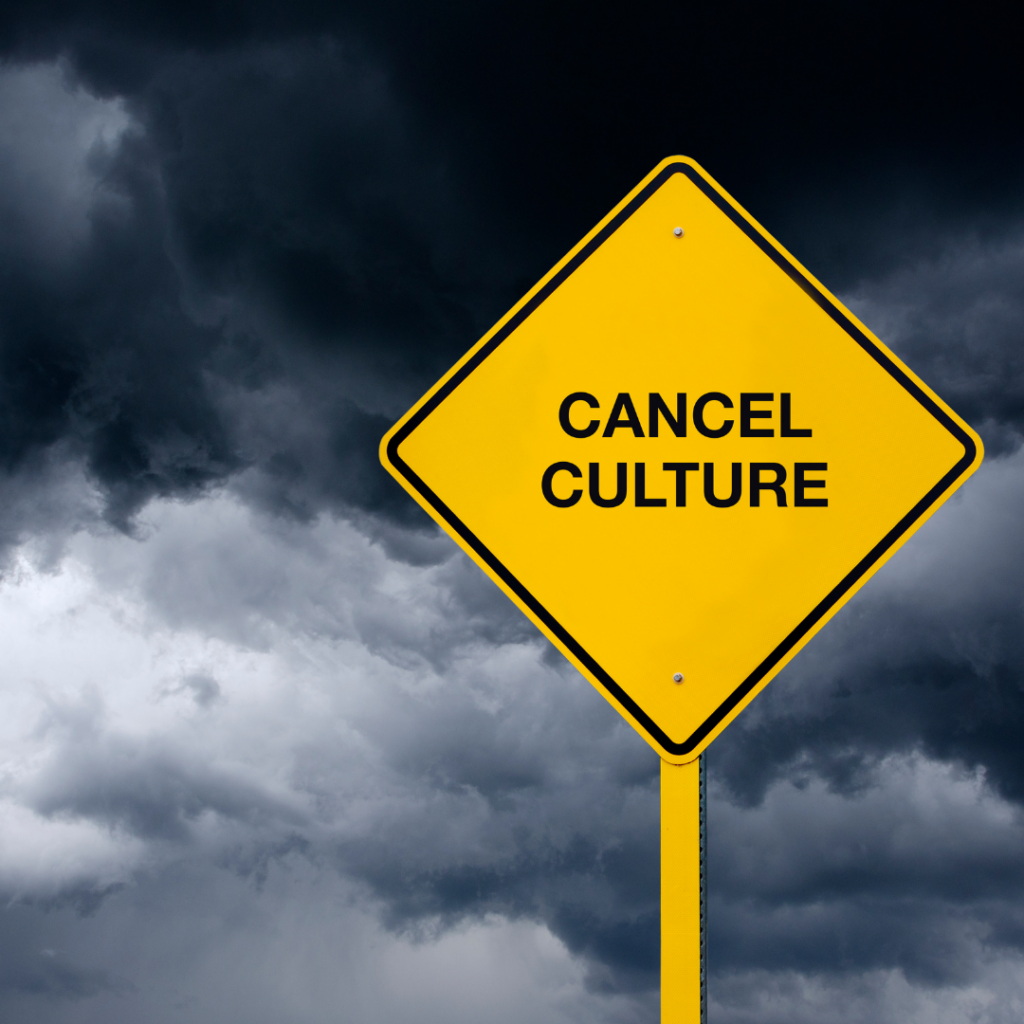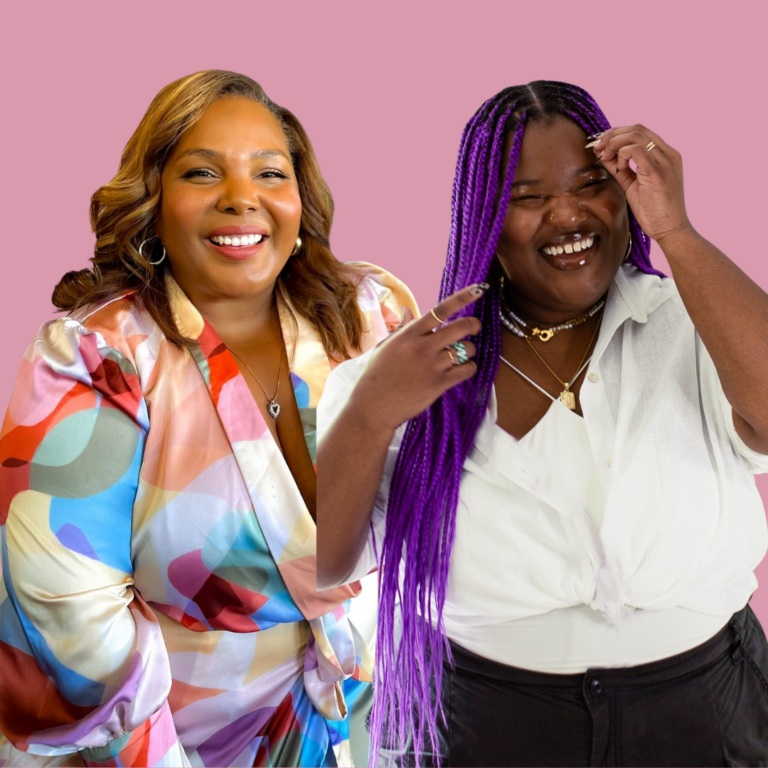Many consider Influencer Marketing to be the most honest and impactful way to drive consumers to a brand. Building trust with an audience is the backbone to a successful influencer. How is that relationship affected now that cancel culture has increased?
People are more susceptible to getting hurt by a friend than a stranger. When someone is hurting it’s because they were close enough to that person to get upset in the first place.
Cancel culture within the influencer industry is partially a result of the deep relationships between an influencer and their followers. Influencers walk us through their daily lives. We’ve all seen the TikTok videos “A Day in the Life”, “My Morning Routine”, “Look of the Day”, etc. It’s become human nature to wake up and fall asleep consuming this content.. Influencers have become a close virtual companion.
Many people start to trust these creators on a very deep level. It can be shocking the moment there is distrust or disappointment.. The “perfect lifestyle” narrative we’ve subscribed to can be instantly shattered.
When strategizing their influencer relationships, Brands need to take cancel culture into consideration. While it’s tempting to jump right into a partnership with an influencer because you observe how quickly sales can be generated based on a single post with high-engagement, it’s worth taking a pause. Yes, influencers have a deep-rooted bond with their followers. Correct, no Instagram ad can supersede that trust. But, just as quickly as an audience can trust an influencer, that relationship can be broken even faster.
Oddly enough, I’ve observed that if an influencer gets “canceled” the first ones held responsible are the brands they’ve partnered with. Historically a brand strategizes their partnerships based on an influencer’s demographic, but in this cancel culture we live in, a brand to should also consider if the influencer is “high-risk”.
Does the creator have a higher likelihood to reflect negatively on a brand?. It’s not enough to analyze the number of followers, percentage of engagement and details of their demographic.
I’ve seen brands face intense criticism when they’re linked to a canceled influencer. People don’t just expect an influencer to apologize, they expect a company to cut ties with that influencer. This can become a PR nightmare.
While there’s no doubt that social commerce has a plethora of benefits, we must acknowledge the social responsibility a company faces when pre-determining their relationships with a content creator. If you’re a brand working with influencers, here are a few questions you should ask yourself:
- Does this influencer speak about controversial topics? If so, do we align with those topics?
- Does this influencer have a controversial following?
- Has this influencer ever tweeted or posted anything that can now be seen as taboo?
- Do we know how this influencer will handle a public conflict?
These are important questions to take into consideration as you foster relationships with creators. As for the creators, it’s important to be mindful that your post from the 7th grade on Twitter might be used to evaluate a brand deal.
It’s inevitable that many influencers won’t live up to someone’s expectations. Perhaps these expectations are unrealistic. That’s a discussion for another time, but the takeaway for today is that The downfall isn’t only on the creator but will be on the brands that they work with as well.
Some people want to cancel “Cancel Culture” for its toxicity. Regardless, while it’s still very much a thing, I hope you’ve learned that brands can mitigate their risk. They can also form the same types of trusting relationships with creators that their followers have formed with them. There will be more involved in kicking off the relationship, but when everyone signs the agreement, I hope there’s more comfort knowing more due diligence was done. The influencer may even see more long-term deals since the additional work is needed.

Lindsay Fein
Founder at SevenBites, Senior Manager of Field Marketing at Botify
Founder of the award-winning blog, SevenBites. A food blog developing original recipes using seven ingredients or fewer.
Lindsay’s brand has evolved to offer restaurant and product photography services and now consults brands on their social media strategy, creating unique content to boost their engagement.
@SevenBites (IG, FB and Pinterest)
Lindsay also works for the leading SEO platform, Botify as their Senior Manager of Field Marketing.






